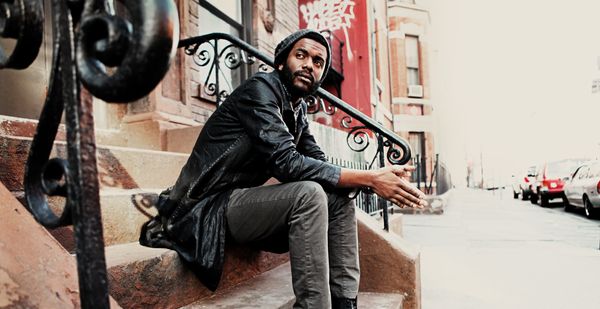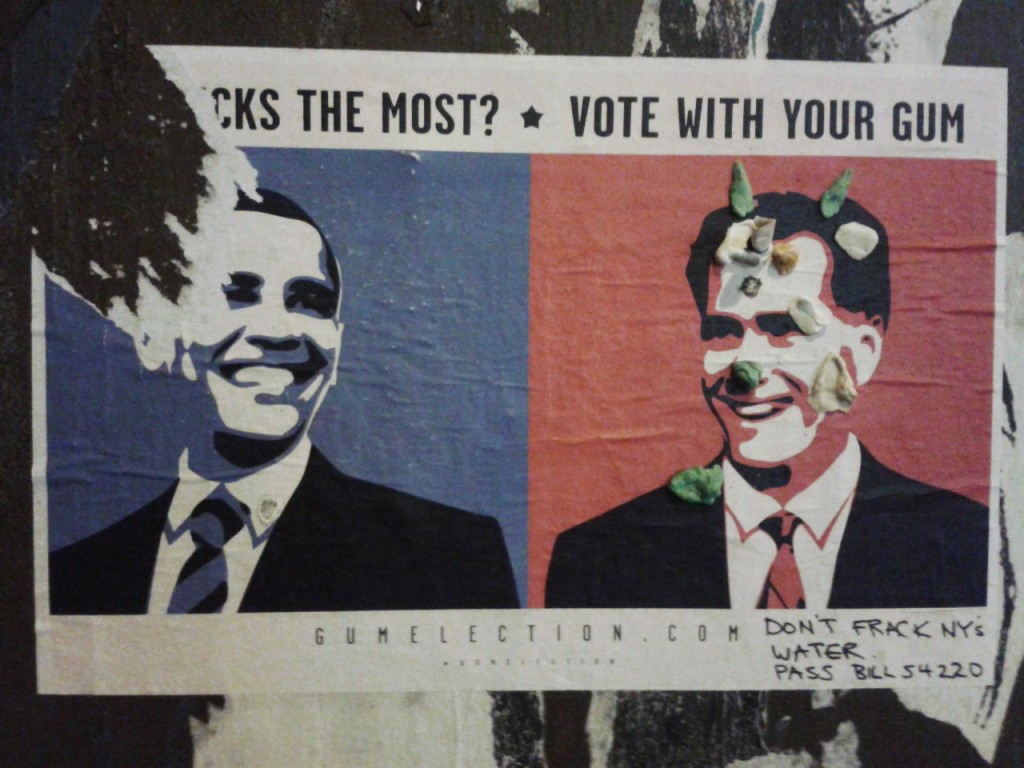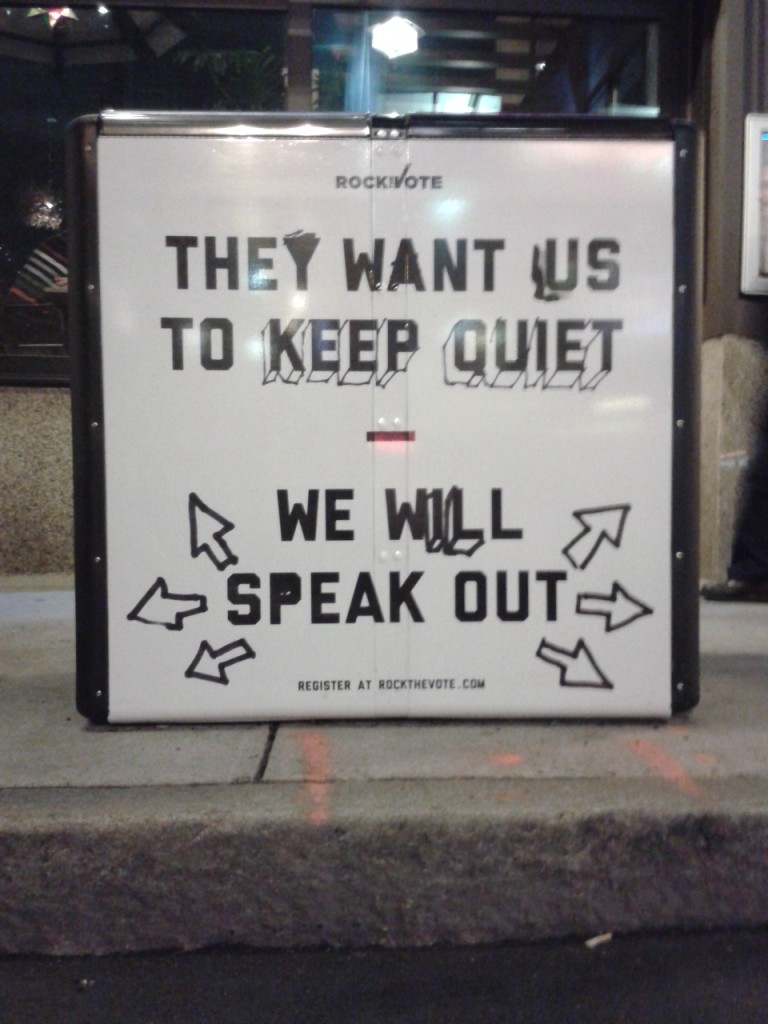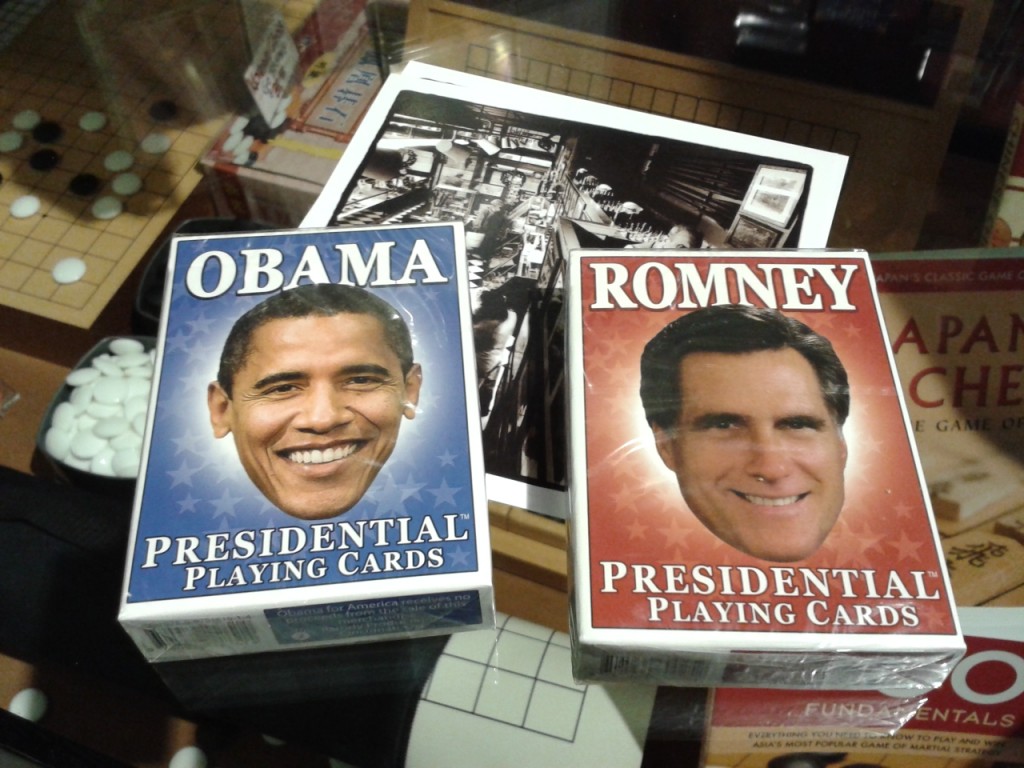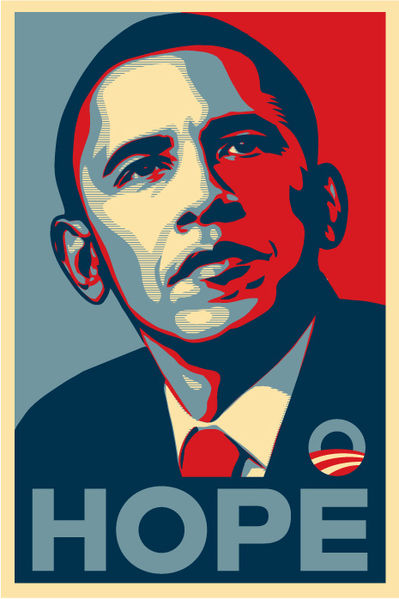There has been much acclaim for 28-year-old Gary Clark Jr. from Austin, Texas, before and around his recent first official album release of ‘Blak and Blu’ (released in the US on 22 October 2012). And there is more to this ‘guitar man’ than the news that he has continuously been mentioned with good reason next to giant musical predecessors like Jimi Hendrix, Eric Clapton or Steevie Ray Vaughan. He has performed next to Sheryl Crow, Citizen Cope, Alicia Keys, Damian Marley, and The Roots band leader and drummer Questlove amongst others. He has also had his share of an exposure to the political sphere. Sometimes pro-actively, at times acceptingly, certainly with the necessary blues.
Gary Clark Jr. Day has been celebrated in his hometown on 3 May ever since he was 17 years old and the local mayor introduced it. He has been invited to and applauded the ‘Red, White and Blues’ 21 February 2012 official White House event where he performed next to B.B. King, Jeff Beck, Warren Haynes, Mick Jagger and others in front of a particularly ‘selected’ crowd. While he musically claims that ‘Times Are Changin’, he is also attempting to contribute his own more tangible share to this very change. Playing at the 2011 Black Ball of the Keep A Child Alive foundation – co-founded by Alicia Keys and Leigh Blake to combat HIV/AIDS on the African continent and in India – he helped raise a total of USD 3 million to benefit the foundation’s work. He also played a Sandy relief concert in New York’s Brooklyn Bowl on election day 6 November with monetary, food and goods donations being collected and directed to hurricane victims. In his one-off cinematic appearance he also featured in the movie Honeydripper – a symbiosis of themes which could hardly have been more suitable: civil rights, discrimination and: the blues!
